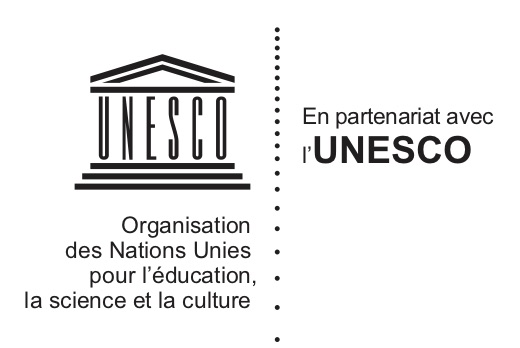Expropriation
Christ Carrying the Cross Dragged by a Rascal – Gentili di Giuseppe Heirs v. Italy
In 1941, the painting “Christ Carrying the Cross Dragged by a Rascal” by Girolamo Romanino was confiscated by Nazi-controlled French authorities from Federico Gentili di Giuseppe – an Italian of Jewish descent living in Paris – and then sold at auction.
Guelph Treasure – Alan Philipp, Gerald G. Stiebel and Jed R. Leiber v. Germany and Prussian Cultural Heritage Foundation
A collection of medieval ecclesiastical art is claimed by the heirs of three Jewish dealers, who allege that the collection was sold under duress during the Nazi era. After an unsuccessful conciliation in front of Germany’s Advisory Commission, the claim is being litigated before the courts of the United States. On 3 February 2021, the Supreme Court of the United States ruled in favour of Germany on the interpretation of the expropriation exception in the Foreign Sovereign Immunities Act.
Jardin à Auvers – Agent judiciare du Trésor c. Walter
Dans son arrêt du 20 février 1996, la Cour de Cassation de la France a condamné l’Etat français à indemniser le propriétaire d’un tableau dont l’exportation avait été refusée pour cause de classement d’office.
La Frise Beethoven – Héritiers Lederer c. Autriche
En 2013, les héritiers du collectionneur Enrich Lederer demandent la restitution de la « Frise Beethoven » de Klimt à l’État autrichien. Cette Frise avait été spoliée à Vienne à la famille Lederer par les nazis avant d’être restituée à Enrich Lederer à la fin de la Seconde Guerre mondiale. Par la suite, Enrich Lederer l’avait vendue à l’État autrichien tout en clamant qu’il n’avait pas d’autre choix.
Madame Cézanne in the Conservatory – Konowaloff v. Metropolitan Museum of Art
Ivan Morozov’s extensive art collection, which included the painting by Cézanne called Madame Cézanne in the Conservatory, was confiscated by the Bolsheviks and declared property of the state. Stephen Clark purchased Madame Cézanne in the Conservatory from the Second Museum of Western Art in 1933. Upon his death, he bequeathed the painting to the Metropolitan Museum of Art. Pierre Konowaloff, Morozov’s heir, brought an action for restitution of the painting in the United States federal courts. His claim was unsuccessful and the Metropolitan Museum of Art retained the painting.
Portrait of a Young Peasant – Beyeler v. Italy
In its judgment of 5 January 2000, the European Court of Human Rights held that the Italian State violated Mr. Beyeler’s right to peaceful enjoyment of his possessions while using its pre-emption right over the Van Gogh painting “Portrait of a Young Peasant”.
Schiele Drawing – Grunbaum Heirs v. David Bakalar
In 1938, the Nazi expropriated the art collection of Fritz Grunbaum while he was detained in Dachau concentration camp. In 1963, David Bakalar purchased a Schiele drawing that had belonged to the Grunbaum family from a gallery in Bern.
The Night Café Painting – Morozov Heirs v. Yale University
In 1908, Ivan Morozov, a Russian art collector, purchased Van Gogh’s painting “The Night Café”. The 1917 Bolshevik Revolution led to the nationalization of private property, and as such Morozov’s art collection was confiscated and subsequently sold.
Trente-sept tableaux spoliés par le régime nazi – Paul Rosenberg c. Théodore Fischer et consorts
En 1946, Paul Rosenberg, célèbre marchand d’art français et israélite, ouvre une action en restitution de trente-sept tableaux de maître dont il a été spolié en France, durant l’occupation allemande, par le régime nazi, et qui se sont retrouvés en Suisse à la fin de la guerre. L’action est portée devant la Chambre des actions en revendication de biens spoliés, chambre spéciale et extraordinaire du Tribunal fédéral (TF). En 1948, le TF admet le recours et condamne les défendeurs à restituer les tableaux litigieux à P. Rosenberg.
Document Actions










